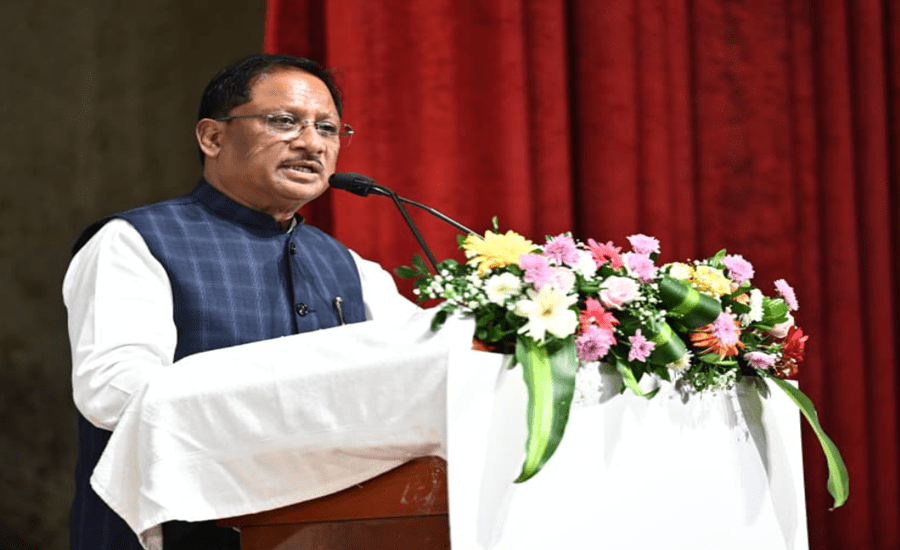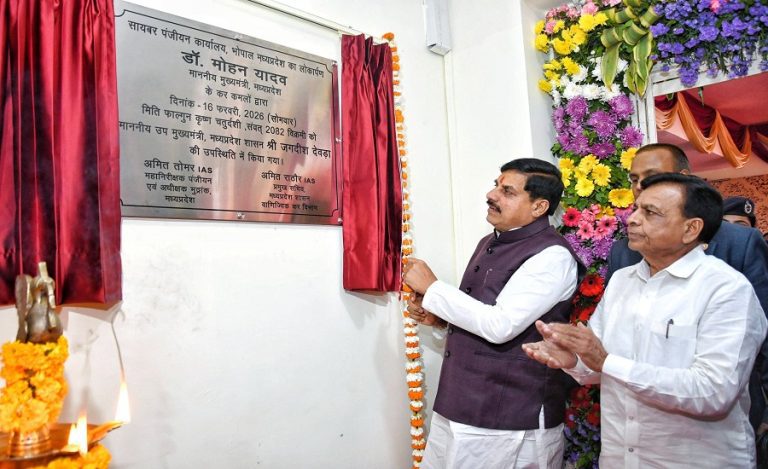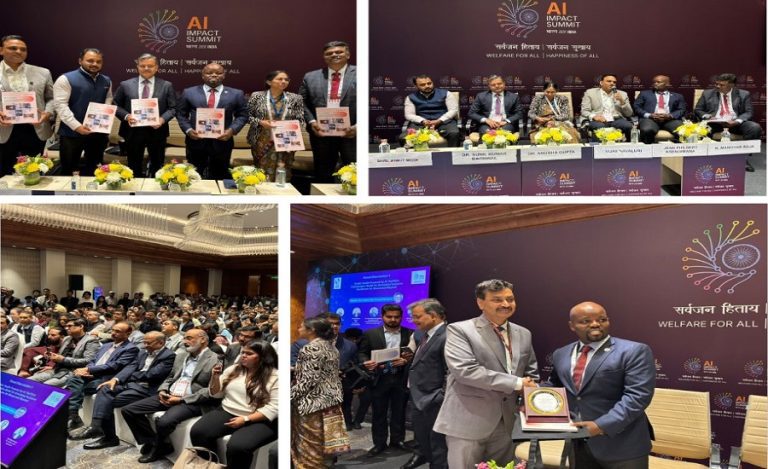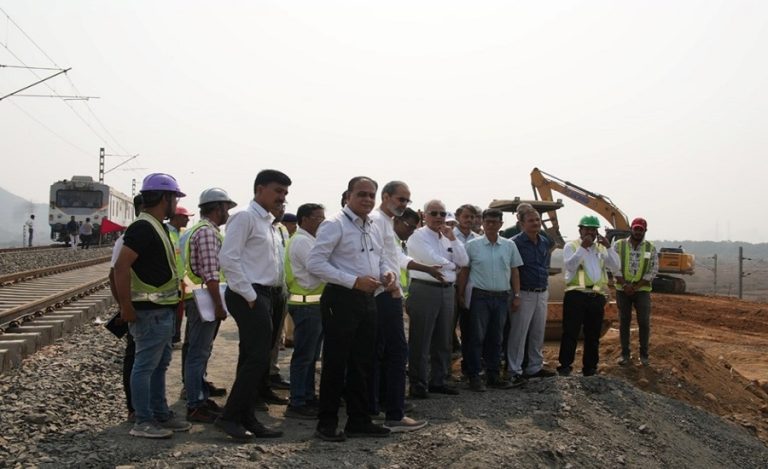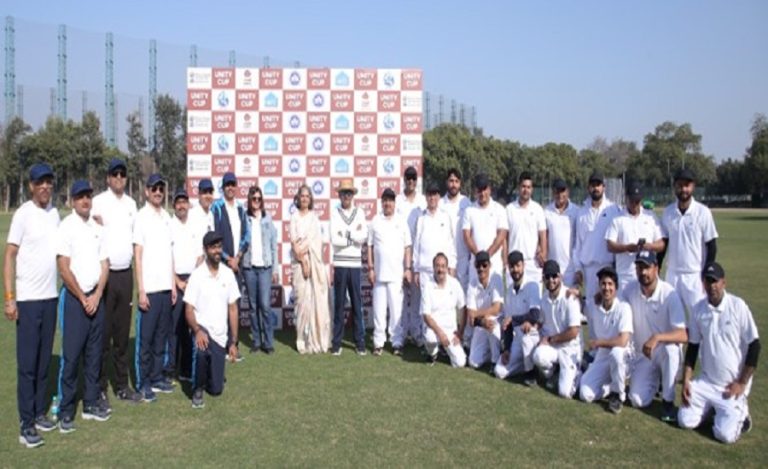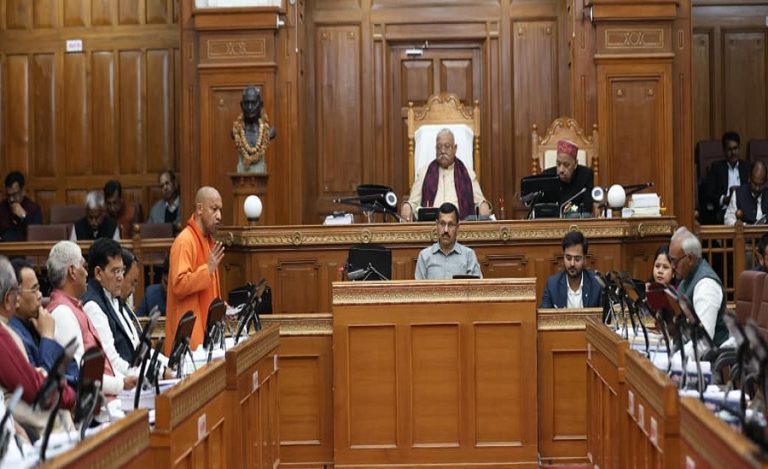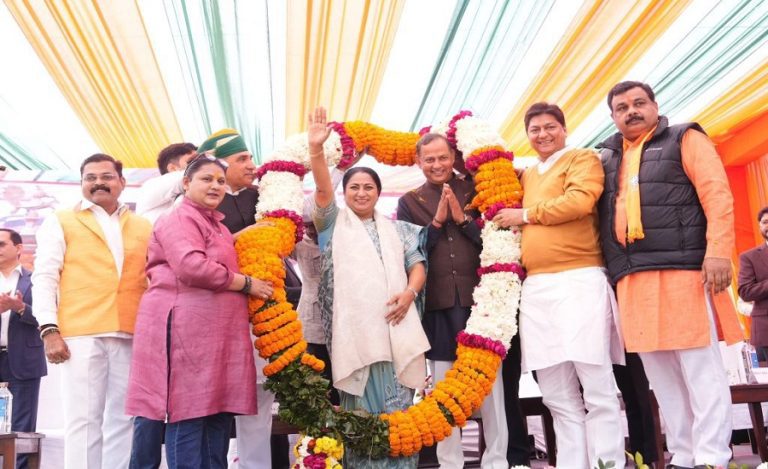In a significant move to transform Chhattisgarh’s forest-rich regions into engines of economic growth, Chief Minister Mr. Vishnu Deo Sai chaired a Collector-DFO Joint Conference at the Secretariat (Mahanadi Bhawan), where a detailed roadmap was discussed to empower forest-dwelling communities and expand the forest-based economy.
The meeting focused on multiple forest-centric initiatives, including tendu leaf management, minor forest produce (MFP) value addition, eco-tourism, medicinal plant cultivation, and the expansion of Van Dhan Kendras.
Over 1.2 Million Tendu Leaf Collectors Empowered
Chief Minister Mr. Sai shared that the number of registered tendu leaf collectors in the state has now crossed 1.2 million, highlighting the success of inclusive policies for forest communities. He instructed that tendu leaf payments be completed within 7 to 15 days, with updates sent via SMS to ensure transparency and accountability.
Mr. Sai emphasized the need to maximize value addition in forest produce and increase the number of Van Dhan Kendras to expand income-generating opportunities and promote self-reliance among rural populations.
Chhattisgarh Forest Cover Increases to 46 Percent
The Chief Minister proudly noted that forest cover in Chhattisgarh has increased by approximately 2 percent, now standing at 46 percent. Initiatives like CAMPA and the innovative “Ek Ped Maa Ke Naam” (One Tree for Mother) campaign have significantly contributed to this green success.
He praised field officers for recovering over 15.6 lakh trees and directed further efforts to improve forest conservation while linking it with livelihood creation.
Boosting the Herbal Economy: Medicinal Plants to Lead the Way
A major focus of the meeting was on the cultivation of medicinal plants. Officials discussed expansion plans in Dhamtari, Mungeli, and Gorella-Pendra-Marwahi (GPM) districts. The Chief Executive Officer of the Medicinal Plants Board detailed the potential income and traditional knowledge revival such cultivation can bring.
District Forest Officers (DFOs) were instructed to prepare localized action plans to increase plantation, marketing, and certification of these products. Organic certification processes were also emphasized to boost consumer trust and market penetration.
Minor Forest Produce Startups to Receive Policy Support
Chief Minister Mr. Sai announced that minor forest produce (MFP) must be developed as a major livelihood avenue, and startups based on forest produce will be encouraged through policy support, training, and branding initiatives. The government will also promote Chhattisgarh Herbal and Sanjivani product lines across urban and rural markets.
Forest Minister Mr. Kedar Kashyap stated that the state now procures 75 types of MFP, and with the right strategies, Chhattisgarh could become the number one state in lac production.
Eco-Tourism Development in Bastar and Surguja
Eco-tourism emerged as a key strategy for employment and environmental conservation. Mr. Kashyap shared that concrete plans are underway to link tourism in Bastar and Surguja divisions with local livelihoods. Facilities such as guided forest trails, tribal homestays, and herbal product outlets could transform tourism into a sustainable income source.
Road Ahead: Integrated, Green, Inclusive
Chief Minister Mr. Sai concluded that forest-based development is central to Chhattisgarh’s inclusive growth vision, and inter-departmental coordination between forest, agriculture, and horticulture teams is essential. All divisional commissioners, collectors, and forest divisional officers were directed to work with grassroots organizations to ensure that plans are community-driven, transparent, and impactful.

